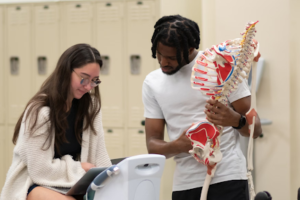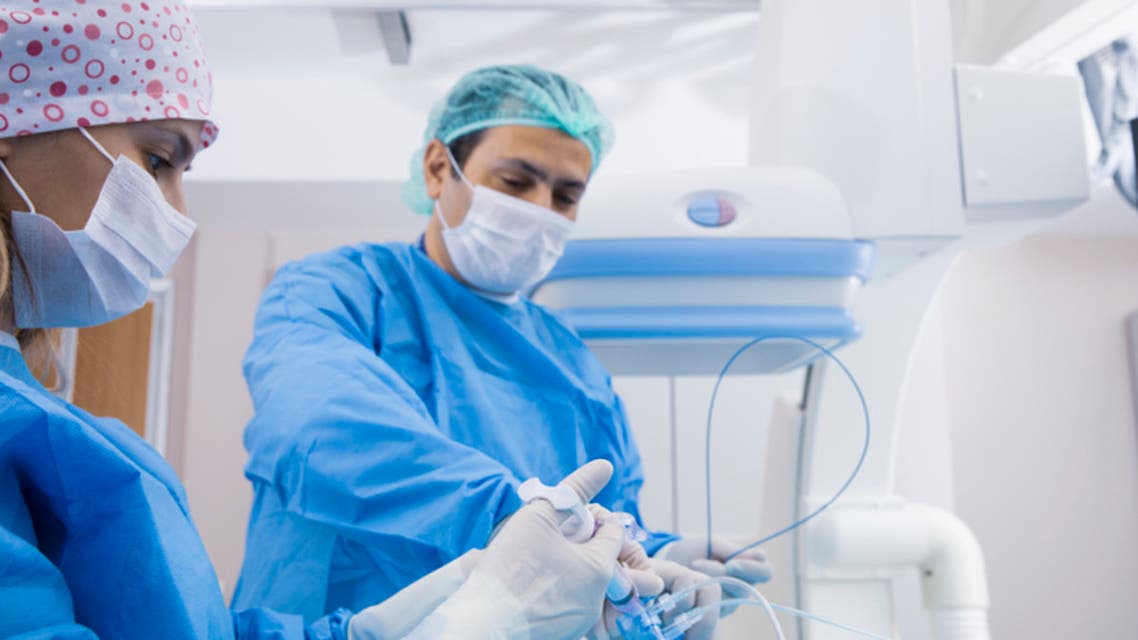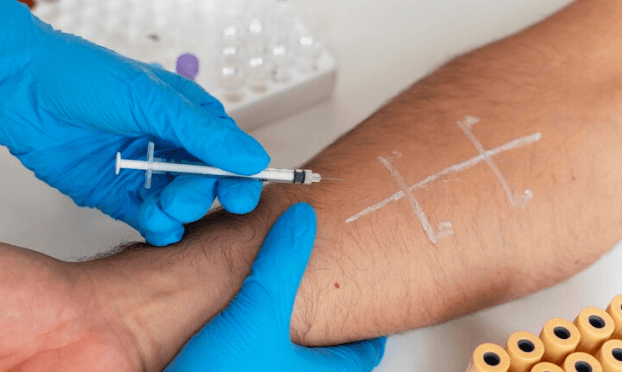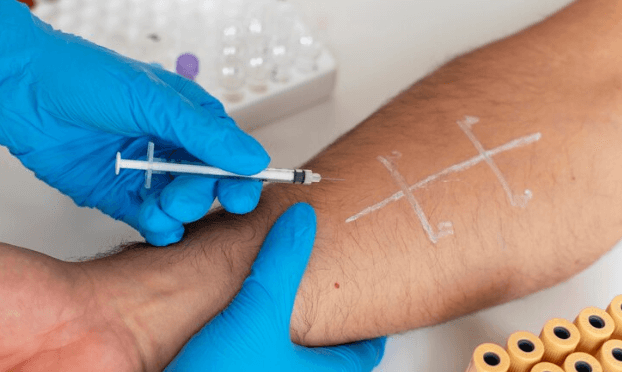Possibly one of the biggest most critical choices a person may ever have to make in his whole lifetime is choosing his or her cardiothoracic vascular surgeon. Cardiovascular surgery is a very complex operation, so it involves a very aseptic, precise, and professional approach. The process that is intertwined with medical science and one’s healing starting from this moment entails that your chosen surgeon is more than a doctor; he or she becomes your source of hope.
It does not end there; it is about being equipped with knowledge; asking the right questions and creating a framework which would ensure the best surgical service to an individual. With the help of this guide you will arrive at a decision that is both confident and fact-based, as you will be provided with the list of mistakes to avoid and the list of factors to consider.
1: Overlooking Comprehensive Surgical Experience and Specialization
The first aspect that forms the success of surgical operations is experience in line with the intricate specialty of either vascular and cardiothoracic surgery. Many patients for instance do not differentiate the competency of different surgeons perhaps because they assume that every surgeon will yield the best results. Besides years of experience, cardiovascular surgery is complex, therefore, it requires detailed, rigorous specialization that cannot be entirely obtained in the course of general medical education.
Consider more than just a surgeon’s years of experience while assessing their background. Examine their particular specialties, the kinds of operations doctors usually do, and their experience with challenging situations that are comparable to your illness. A surgeon with hundreds of specialized procedures under their belt will naturally have muscle memory, intuitive comprehension, and honed technical skills that are impossible for someone with minimal exposure.
2: Neglecting to Verify Credentials and Board Certifications
The papers that a surgeon has are not just sheets of paper but proof of the commitment and training he has undergone as well as constant follow of standard measures in the profession. Surprisingly, many patients fail to deliberately verify a surgeon’s credentials consciously unaware that their lives and their surgery outcomes might be put at risk as a consequence.
In cardiothoracic and vascular surgery, board certification is an accurate determination of a physician’s competence compound, skills, and professionalism. Formal professional activities such as peer reviews, rigorous examinations over the content, and the obligatory signal of continuous professional development are all part of it. An MS/BCS has demonstrated knowledge in treating any issues, understanding conditions relating to heart disease, and providing full patient management over and above performing procedures.
Look for other credentials beyond basic board certification, such as fellowship training in particular cardiology subspecialties, membership in prominent professional associations, and honors or leadership roles. With these extra credentials, a surgeon has demonstrated a dedication to professional development and excellence that directly translates into better patient care, going above and beyond the call of duty.
3.Ignoring Institutional Support and Hospital Affiliation
The surgical setting is just as important as the surgeon’s own abilities. Surgical success is significantly influenced by hospital affiliation and institutional support, yet many patients fail to consider these crucial elements. It can be quite difficult for a top-tier surgeon to provide the best possible care for patients in a hospital with little in the way of technology or support systems.
Referee to the technological competence of the connected hospitals while shortlisting probable surgeons for liver transplant. Look for institutions with the best possible imaging equipment, a wide range of postoperative care centres,called emergency management circuits and more robust cardiovascular surgical departments. Infection control measures are rigidly practiced in the leading surgical centres, these centers promote interprofessional relations across various departments and continuously invest on advanced surgical technologies.
Further, do not forget to consider the overall performance of the hospital’s cardiovascular surgery in the past. Demonstration of commitment to raise the quality of patient care and contribute to medical advancement is evident in organizations which have structural cardiovascular research laboratories, engage in clinical research and develop and continue with quality improvement exercises. The enumerated working conditions enhance the probability of a surgeon being able to acquire the latest technologies in the medical field, promote shared learning and professionalism in surgeries.
4.Undervaluing the Value of Patient Relationship and Communication
Technical skill, therefore, is not the be-all and end-all of an outstanding surgeon. Equally important are the ability of clear enunciation of words, understanding and a warm, genuine bonding between the surgeon and the patient. Ignoring the basic aspect of surgery and focusing on the mechanical aspect of the surgeon is a huge blunder most patients take.
To evaluate a potential surgeon’s communication style, openness to answering your questions, and capacity to make you feel valued and heard, think about setting up early meetings. Take note of their general manner, how they handle possible hazards and problems, and how they explain medical topics. Comprehensive, patient-centered care is more likely to be given by a surgeon who makes you feel at ease, valued, and truly cared for.
5.Not Investigating Surgical Results and Patient Testimonials
Patient experiences and statistical results offer priceless insights into a surgeon’s actual ability. Patient testimonies and personal accounts highlight the subtle facets of surgical care that statistics cannot convey, even while individual surgical success rates and complication statistics provide objective indicators of effectiveness.
Demand detailed details about the outcomes of surgeries including the period that patients take for recovery, the percentage of success in surgeries, and rate of patients’ overall performances after surgeries. In general, responsible surgeons and healthcare providers are quite ready to report the relevant statistics. People need to find specialists who have proper experience while facing difficult cardiovascular cases, low complication rates and equally impressive success rates.
Conclusion
Understanding how diagnoses are made, utilising the nursing process, critical thinking and research are all required to identify the best cardiothoracic vascular surgeon. The above typical mistakes can be avoided, and people can switch from passive patient to active player in their illness process,for robotic coronary artery bypass surgery in gurgaon, if they follow a strict, informed strategy.











